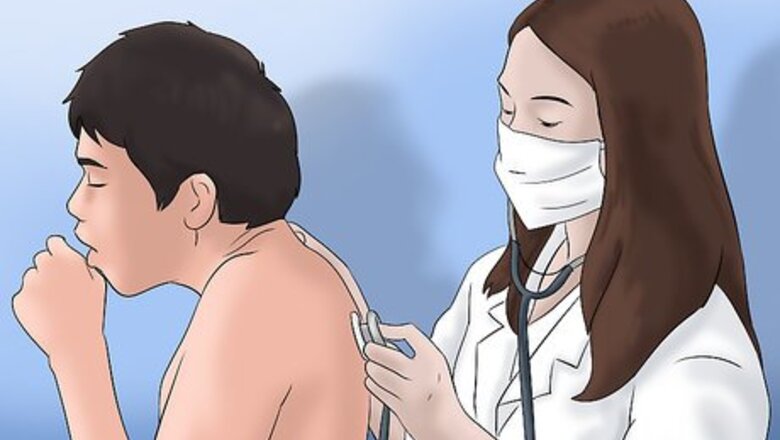
views
X
Trustworthy Source
American Lung Association
Nonprofit health organization dedicated to improving lung health through education, advocacy, and research
Go to source
– and one of the most difficult to diagnose.[2]
X
Research source
Many people notice no symptoms until cancer has reached an advanced stage; others do have symptoms but, because those symptoms are so vague, mistakenly attribute them to minor illnesses. It is wise, therefore, to learn as much as possible about the signs and symptoms of lung cancer, especially if you smoke or have other risk factors. This guide will help you know what to look for. Don't delay in getting lung problems diagnosed by a doctor if you have any serious symptoms.
Recognizing Early Symptoms
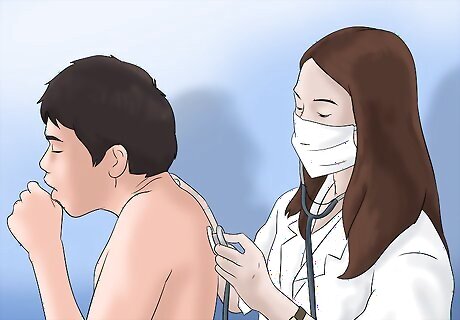
See a doctor if you have a persistent cough. One of the most common symptoms of lung cancer is a cough that does not go away. See a doctor if your cough lasts more than 2 weeks, if it increases in intensity over time, or if you cough up blood (this is called hemoptysis) or a lot of phlegm. Ironically, smokers, who have the highest risk of lung cancer, tend to cough a lot and, consequently, do not seek treatment for this most common symptom. If you smoke, be aware of any changes in your cough, and meet with your doctor regularly. Consider getting checked for lung cancer every couple of months. You'll also want to note any changes in the character of the cough. You should be worried if, for example, a dry cough suddenly starts producing a lot of sputum. Likewise, you should be worried if the color of your sputum changes. In particular, keep an eye out for chocolatey brown, black, or greenish sputum.

Watch for any problems with your breathing. Shortness of breath (dyspnea) is a common symptom of lung cancer, but it is often attributed to obesity, old age, heart disease, or weather changes. See a physician if you are having trouble breathing, especially if your shortness of breath occurs outside of any strenuous activity. In some cases, a lung cancer patient will feel back pain that worsens the deeper that they breathe in.
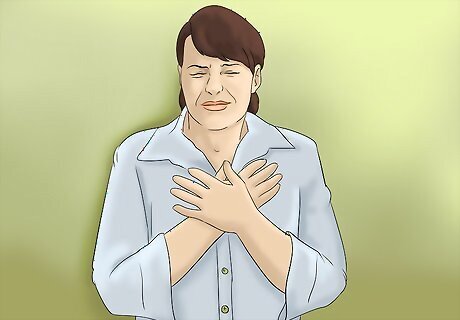
Do not dismiss aches and pains. Dull and persistent aching in your chest, ribcage, shoulders, or arms could be an early symptom of lung cancer. This discomfort might progress to include tingling, numbness, and even paralysis.
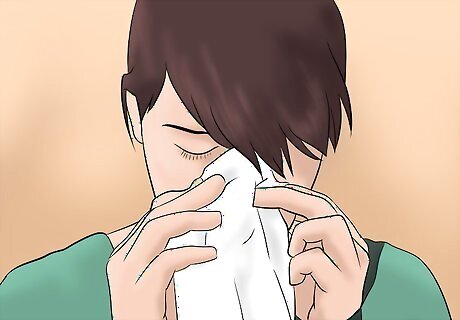
Investigate recurrent airway infections. If you have multiple episodes of bronchitis or pneumonia, talk to your doctor about the possibility of cancer. Tumors can obstruct your airways and make you prone to these kinds of infections.

Look for a loss of appetite. Lung cancer, like other cancers, can cause a loss of appetite. If you notice your appetite has diminished, make an appointment with your doctor.
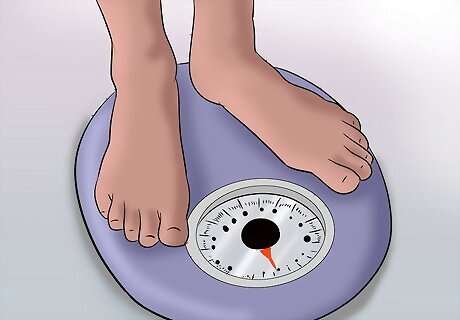
Pay attention to your weight. Cancer cells use an inordinate amount of your body's energy and can affect your metabolism, leading to weight loss. This is sometimes exacerbated by the loss of appetite some patients experience. If you lose 10 pounds (4.5 kg) suddenly or without dieting, consult a doctor.

Be aware of fatigue. All cancers can produce fatigue, but the symptom is so vague that it does not always prompt people to seek treatment. If you have risk factors for lung cancer, such as smoking or a history of exposure to irritants like coal or asbestos, or if your fatigue is pronounced, see your doctor immediately.
Recognizing Later Symptoms
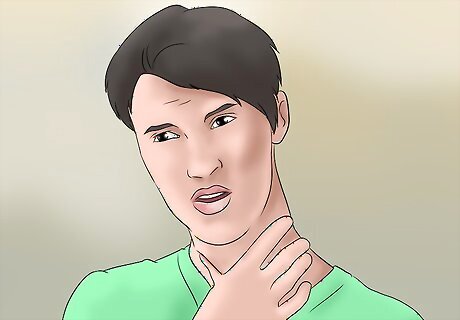
Look for changes in your voice. When lung cancer advances, tumors can hurt the vocal cords and obstruct the air passages, sometimes leading to hoarseness and wheezing.
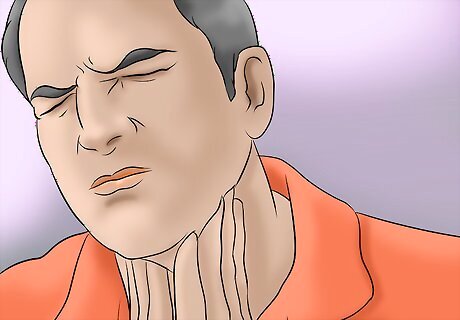
Watch for any difficulty swallowing. When a tumor advances into the esophagus, it can cause difficulty swallowing (dysphagia).
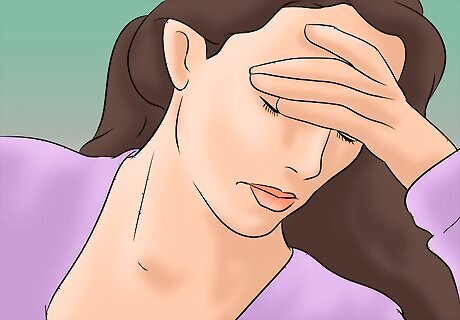
Investigate muscle atrophy and weakness. Tumors can interrupt nerve supplies and make you feel weak. This may lead to tingling sensations, numbness, or even paralysis.
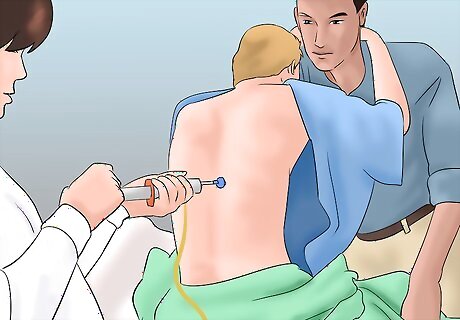
Get treatment for any excess fluid in the lungs. Fluid accumulation in the lungs (pleural effusion) can be a consequence of lung cancer.

Look for jaundice. If you notice that your skin or eyes are looking yellow, you may have jaundice. When lung cancer spreads, it can affect the digestive system and, specifically, the liver, producing this condition because of the chemical bilirubin that is supposed to make your stool brown. When cancer affects the liver, it won't work properly and red blood cells that are supposed to be filtered out build up too much, causing jaundice.
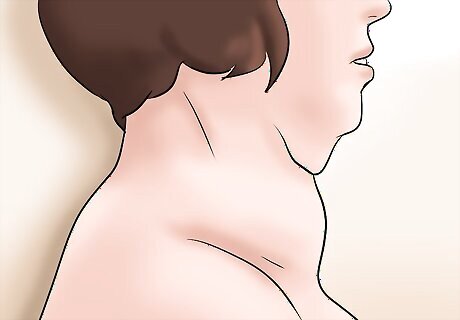
Watch for swelling. Pressure from a tumor on the chest vein can lead to swelling in the neck, arms, and face. In addition to this swelling, this pressure can also cause drooping eyelids, with one pupil becoming smaller than the other.
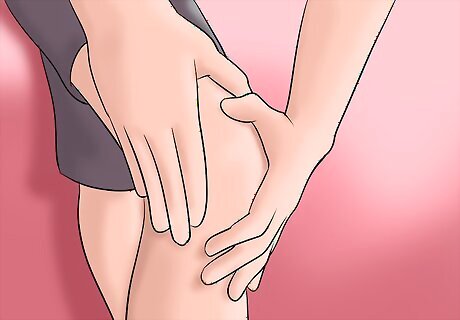
Be aware of any problems with your bones or joints. In advanced cases of lung cancer, cancer may spread to the bones, leading to pain and possible fractures. Unexplained pain or fractures definitely require a full medical workup.
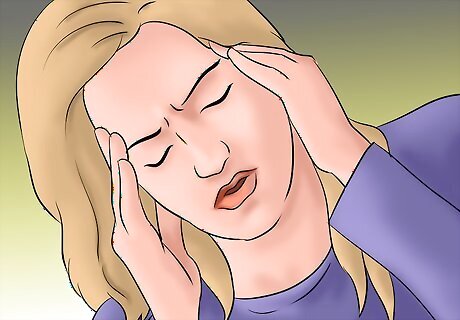
See your doctor if you notice neurological problems. When lung cancer spreads to the brain or compresses the superior vena cava (a large vein that supplies blood to the heart), it can cause a headache, blurred vision, paralysis, and seizures. These are serious medical problems that require a doctor's intervention immediately.

Understand that lung cancer can produce hormonal symptoms. Lung tumors secrete hormones and can produce symptoms that seem unrelated to the lungs. These include: Palpitations and tremors Puffiness in the face A bloated appearance Enlargement of the breasts in males (gynecomastia)

Factor in any other strange symptoms. Lung cancer can also produce a high fever and a change in the shape of your fingernails. If you notice these or any other unexplained symptoms, especially if you have other symptoms or carry a high risk, see a doctor.
Assessing Your Risk To Avoid Lung Cancer

Monitor your tobacco use. People who have smoked for a long time or who smoke more than 2 packs of cigarettes per day have a much higher risk of developing lung cancer. Chewing tobacco and snuff also increase your risk.
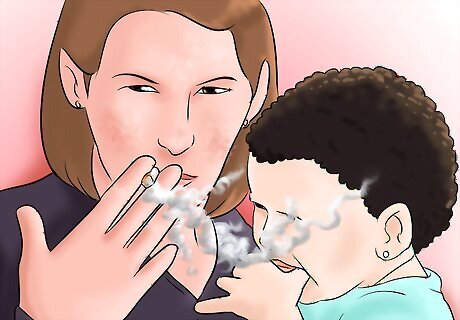
Be aware of second-hand smoke. Even if you do not smoke yourself, frequent contact with second-hand (like being exposed to chemicals and smoke) increases your risk considerably, especially if you live with a smoker.
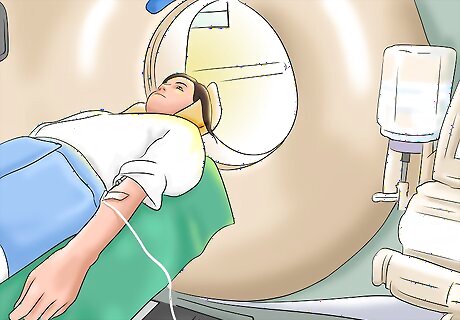
Understand the effects of medical radiation. If you have had radiation to treat past cancers, or any other disease, your risk of developing lung cancer goes up. In general, though, under these circumstances, the benefits of treatment outweigh the risks.

Note any exposure to cancer-causing chemicals. Gasoline fumes, diesel fumes, mustard gas, vinyl chloride, and coal products may increase your risk of developing lung cancer. This factor explains why people in certain jobs have higher incidences of the disease. Exposure to other chemicals, including arsenic, coal, silica, chromium, and asbestos, may also make you more susceptible to lung cancer. These chemicals are mostly impossible to sense, however, and so are difficult to avoid. Quarry miners that work with ore or coal have an increased risk of lung cancer.
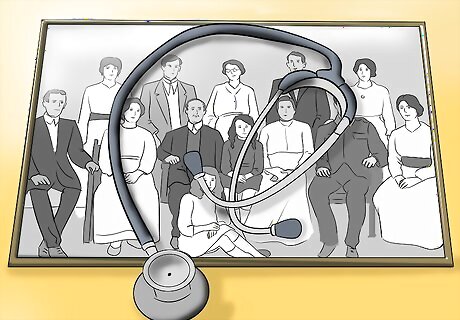
Know your family medical history. If you have a relative who has been diagnosed with lung cancer, you may also have a higher risk.
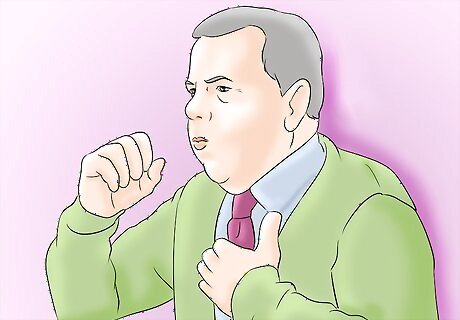
Factor in your age and gender. Lung cancer rates increase with age, with people over 60 carrying the highest risk. Men develop lung cancer more frequently than women do.


















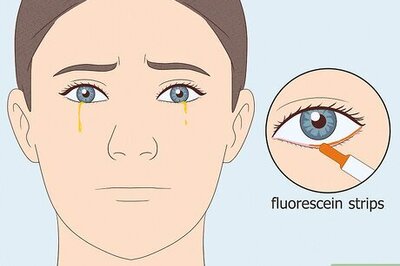
Comments
0 comment